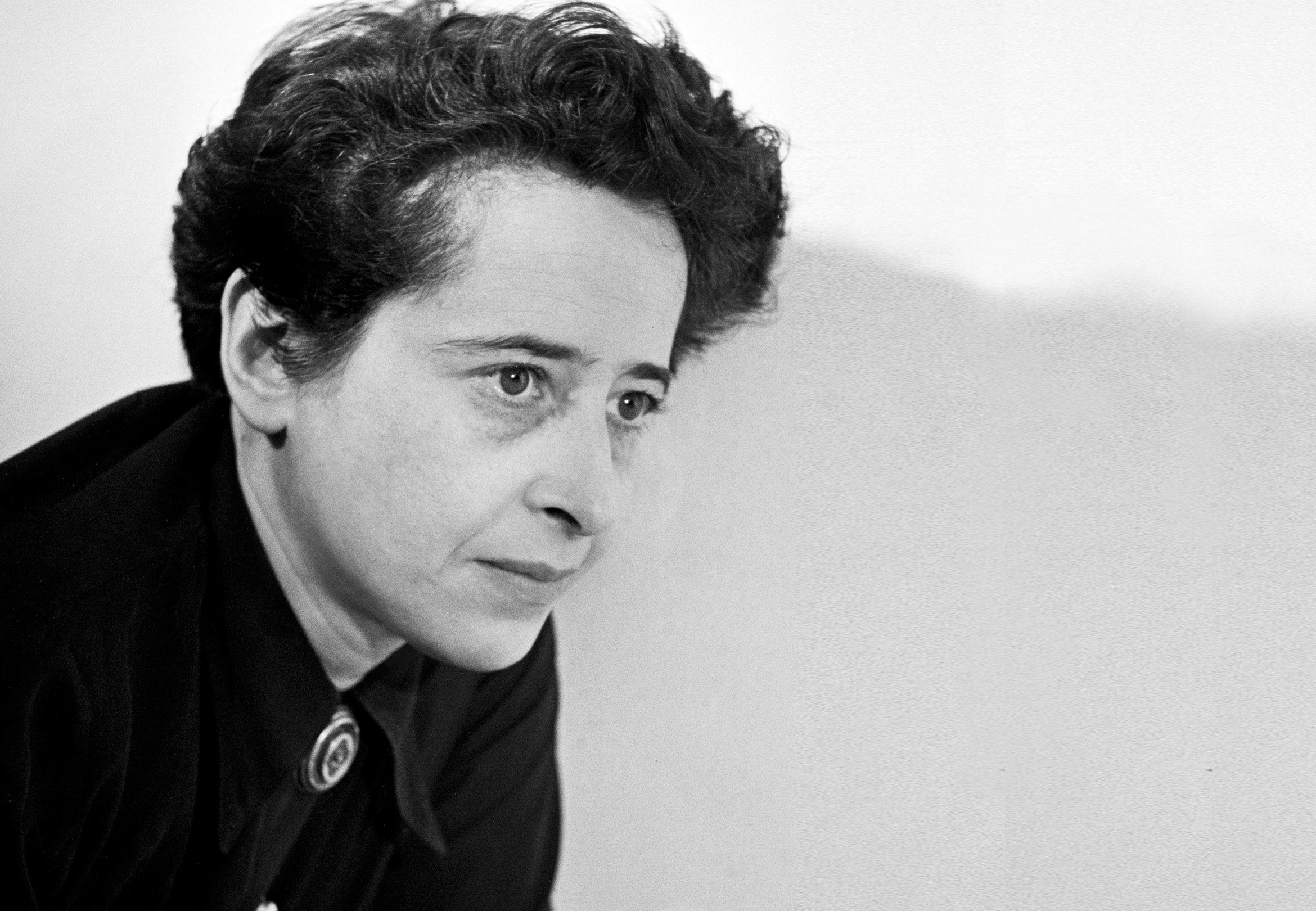
There are now millions of people in refugee camps with little hope that they will be able to return to their homes or ever find a new one. Almost every significant political event during the past 100 years has resulted in the multiplication of new categories of refugees, and there appears to be no end in sight.

When Arendt wrote this she could scarcely have realized how relevant her observations would be in 2018. In it, she graphically describes what it means to lose one’s home, one’s language and one’s occupation, and concludes with a more general claim about the political consequences of the new mass phenomenon - the “creation” of masses of people forced to leave their homes and their country: “Refugees driven from country to county represent the new vanguard of their peoples … The comity of European peoples went to pieces when, and because, it allowed its weakest member to be excluded and persecuted.” One of Arendt’s early articles, the 1943 essay “ We Refugees,” based on her personal experiences of statelessness, raises fundamental questions. When she speaks of “dark times” and warns of the “exhortations, moral and otherwise, that under the pretext of upholding old truths degrade all truth in meaningless triviality” we can hear not only a critique of the horrors of 20th-century totalitarianism, but also a warning about forces pervading the politics of the United States and Europe today.Īrendt was one of the first major political thinkers to warn that the ever-increasing numbers of stateless persons and refugees would continue to be an intractable problem.

She was remarkably perceptive about some of the deepest problems, perplexities and dangerous tendencies in modern political life, many of them still with us today.
ILLUMINATIONS HANNAH ARENDT TRIAL
She is best known for her major works, including “The Human Condition,” “On Violence,” “Truth and Politics,” “The Origins of Totalitarianism” and especially “Eichmann in Jerusalem: A Report on the Banality of Evil,” which grew out of her coverage of the trial of the Nazi Adolf Eichmann for The New Yorker. In the preface to her 1968 collection of essays, “Men in Dark Times,” Hannah Arendt wrote: “Even in the darkest of times we have the right to expect some illumination.” Today, in our own dark time, Arendt’s work is being read with a new urgency, precisely because it provides such illumination.īorn in Germany in 1906, Arendt studied with prominent philosophers of her time, but fled the country in 1933, living for a time in Paris, and later, in the United States.

Núcleo de Direitos Humanos – Departamento de Direito da PUC/RJ – Arquivo Hannah Arendt, BR.Hannah-Arendt-Institut für Totalitarismusforschung – TU Dresden, Germany.Hannah-Arendt-Institut für politische Gegenwartsfragen – Stuttgart, Germany.Hannah-Arendt-Bibliothek Hannover, Germany.Hannah Arendt-Preis für politisches Denken e.V., Bremen, Germany.Hannah Arendt Zentrum, Carl von Ossietzky University, Oldenburg, Germany.Hannah Arendt Research Society of Japan.Hannah Arendt Center for Politics & the Humanities, Bard College, NY, USA.Hannah Arendt Center for Political Studies – University of Verona, Italy.Der Sinn von Politik ist Freiheit, Blog.Centro de Estudos Hannah Arendt, São Paulo, BR.

Bluecher Archive, Bard College, NY, USA.Arendt Studies – A New Journal – first issue in Fall 2017.


 0 kommentar(er)
0 kommentar(er)
